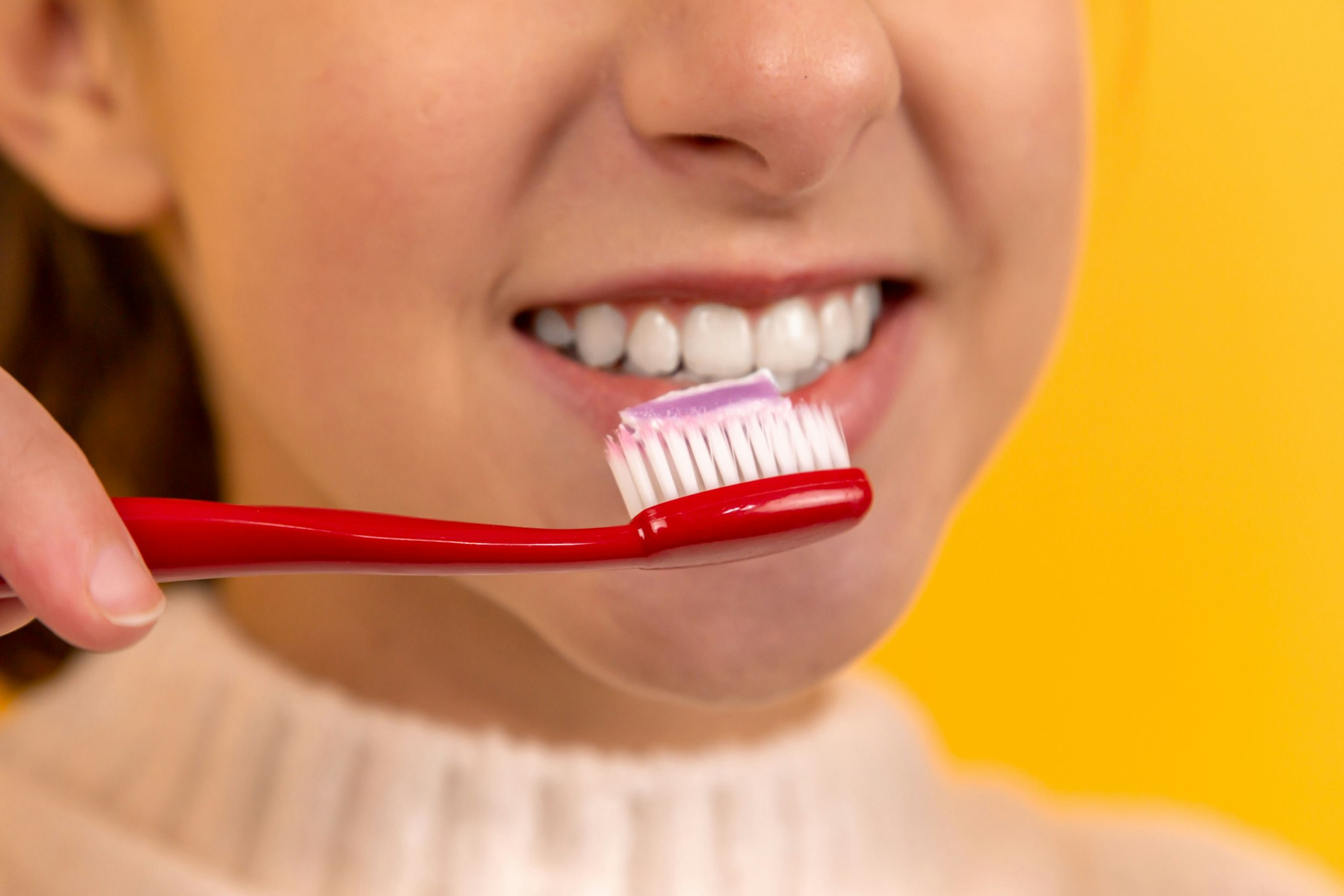The Benefits of Dental Sealants: Protecting Your Smile for Years to Come
When it comes to maintaining optimal oral health, dental sealants are a highly effective tool in preventing tooth decay and protecting your smile for years to come. Dental sealants are thin, protective coatings that are applied to the chewing surfaces of the back teeth (molars and premolars) to seal off the deep grooves and crevices where bacteria and food particles can easily get trapped. By creating a smooth surface, dental sealants help to prevent cavities and keep your teeth healthy and strong.
Benefits of Dental Sealants
Dental sealants offer a variety of benefits, including:
- Preventing cavities: Dental sealants act as a barrier to protect the enamel from harmful bacteria and acids that can cause decay.
- Long-lasting protection: With proper care, dental sealants can last for several years, providing ongoing protection for your teeth.
- Cost-effective: Investing in dental sealants can help you avoid costly and invasive dental procedures in the future.
- Painless application: The process of applying dental sealants is quick and painless, making it a simple and easy way to protect your teeth.
Overall, dental sealants are a valuable preventive measure that can help you maintain a healthy smile for years to come.
FAQs about Dental Sealants
Q: How long do dental sealants last?
A: Dental sealants can last for several years with proper care and maintenance. It is recommended to have them checked during regular dental check-ups to ensure their effectiveness.
Q: Are dental sealants suitable for all ages?
A: While dental sealants are commonly applied to children and teenagers, they can also benefit adults who are prone to cavities or have deep grooves in their teeth that are difficult to clean.
Q: Do dental sealants require special care?
A: Dental sealants do not require any special care other than regular oral hygiene practices, such as brushing and flossing. However, it is important to avoid chewing on hard objects or using your teeth as tools to prevent damage to the sealants.
For more information on the benefits of dental sealants, visit this article.
 buysell bicycle Where Sports Come Alive!
buysell bicycle Where Sports Come Alive!

